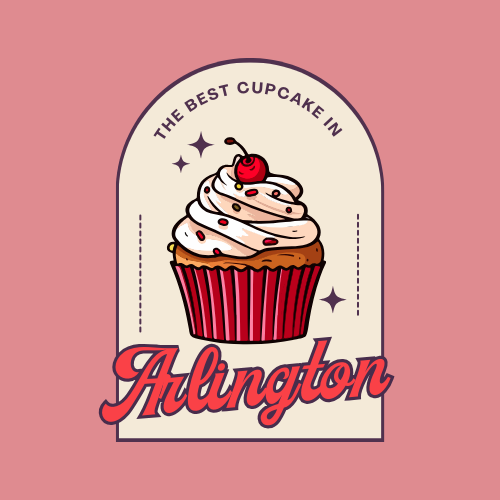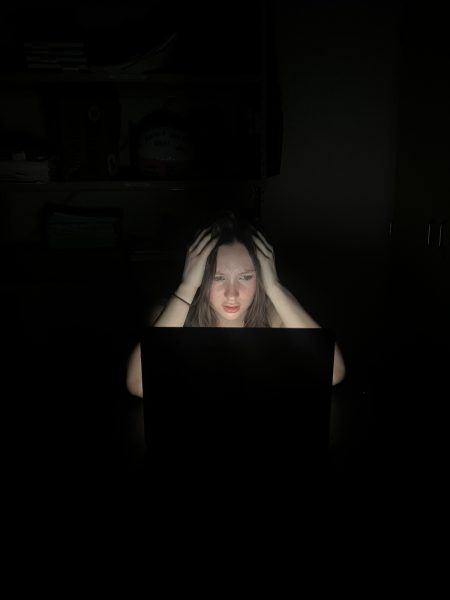Laugh more, stress less
The common belief among adults is that high school is supposed to help students prepare for the rigorous studies of college. While this may be true, the pressure and expectations, constantly put on students increase the amount of stress students experience.
With my junior year finally coming to a close, I can attest to the fact that this year has been more stressful than any other school year. I am beyond ready for the summer. Before entering my junior year, I was extremely excited to become an upperclassman and challenge myself with AP and IB classes. I assumed that I could increasingly involve myself in the school community through clubs and sports, however, I now see that I might have been mistaken. I barely had time to even sleep at certain points, but that is an expected experience from a high school junior nowadays.
In recent years, there has been an increase in studies on the amount of stress high school and college students face. An online survey conducted by the American Psychological Association (APA) in August 2013 concluded that 27 percent of students say they experience “extreme stress” during the school year (versus 13 percent in the summer), and 34 percent expect stress to increase in the coming school year.
This may be due to the increasing pressure on students to get into a competitive university/college, which leads students to participate in excessive extracurriculars and demanding AP/IB classes in order to have a well-rounded application, a schedule more typical of a college student. “A more individualized and personalized path to success should be encouraged,” said junior Alex DeLazzari. “The school shouldn’t strongly encourage students to perform at the highest school regraded level only because it will make the school seem more competitive. I believe the goal is to help students, not further the school’s reputation.”
However, Principal Dr. Gregg Robertson believes that although there is a national trend in scores lowering when an increased amount of students participate in AP/IB classes, data shows that Washington-Lee did not have the same experience. “We found that with the right kinds of supports, all kids could be successful in AP and IB classes,” Dr. Robertson said. “[When] you participate in a college level course in high school, you were much more likely to graduate from college having had that experience.”
With more students becoming increasingly involved in clubs or sports, it can be difficult for them to manage their time, which forces these students to stay up late in order to finish all their homework. This can have negative effects on a student as late night study sessions usually limits them to only two to five hours of sleep. According to a study done by the National Sleep Foundation, many teens are starting to develop sleeping disorders such as narcolepsy, sleep apnea and insomnia. The same study showed that only 15 percent of teens reported sleeping eight and an half hours of sleep on school days. “I feel the most stressed when I have sports after school,” junior Amy Hilla said. “I get home too late, so I have to stay up late at night [to do] homework.”
To combat increasing student stress, the school started a series of campaigns such as “Take a Breather Tuesdays” and “Laugh More, Stress Less Week.” During the week of April 25-29, students participated in activities such as yoga, zumba and an indoor recess. Take a Breather Tuesdays were available to students during General’s Period and lunch in the counseling hallway. “Counselors are meeting, quite often, with students who are feeling stressed, or overwhelmed, or anxious particularly during the school day,” counselor Ms. Elysse Catino said. “The point of Take a Breather Tuesdays is to give students an opportunity to, as it says, take a breather during the school day.”
The creation of these initiatives marks the first time that the school has implemented programs to cope with stress. These measures, in my opinion, are a good start in raising awareness about the help available to students who feel stressed. However, only treating stress ignores the fact that the environment of large competition creates and/or adds stress. Whether it is intentional or not, expectations for students are exceptionally high in many cases, which increases student stress. Nevertheless, the initiative is a step in the right direction in tackling student stress.







